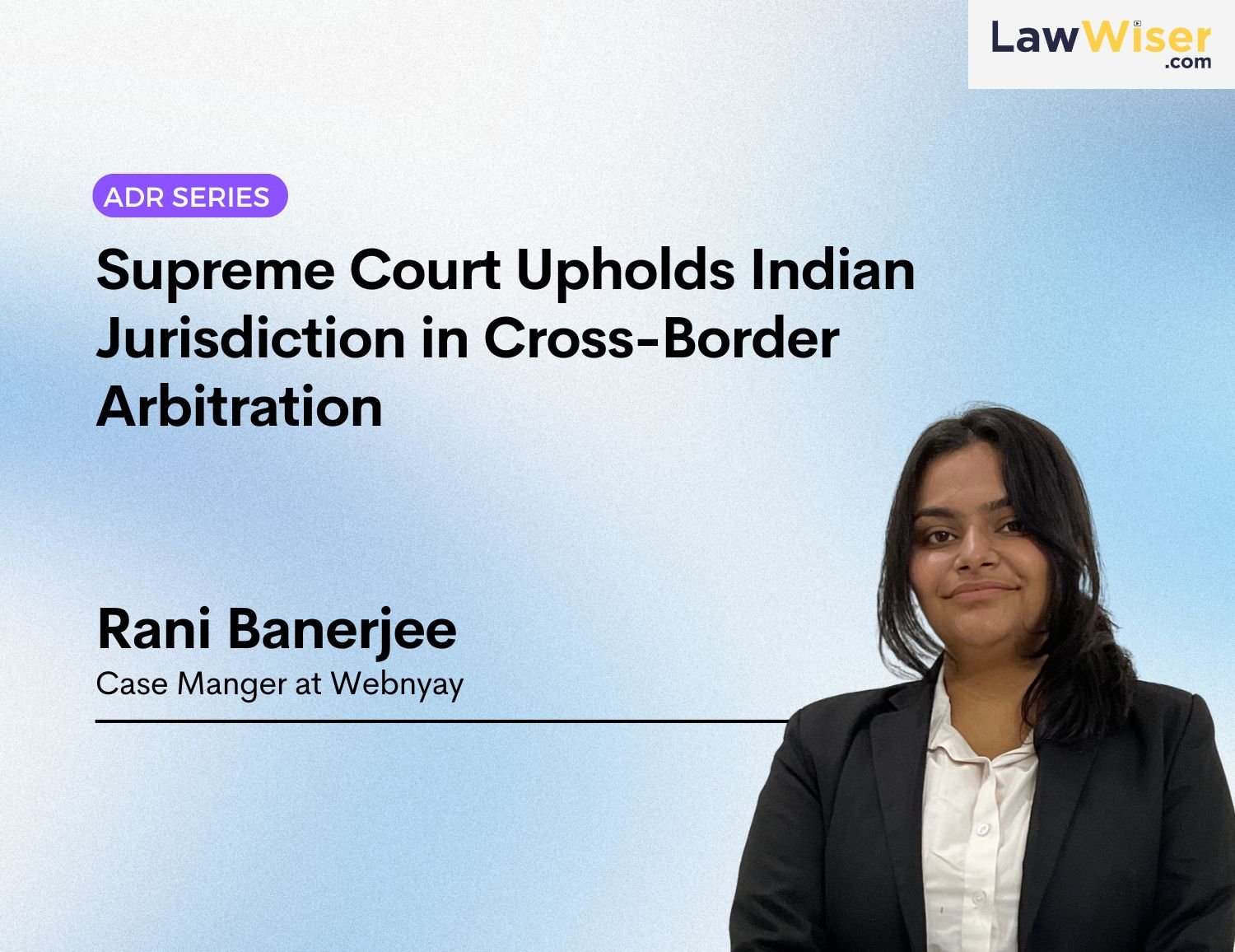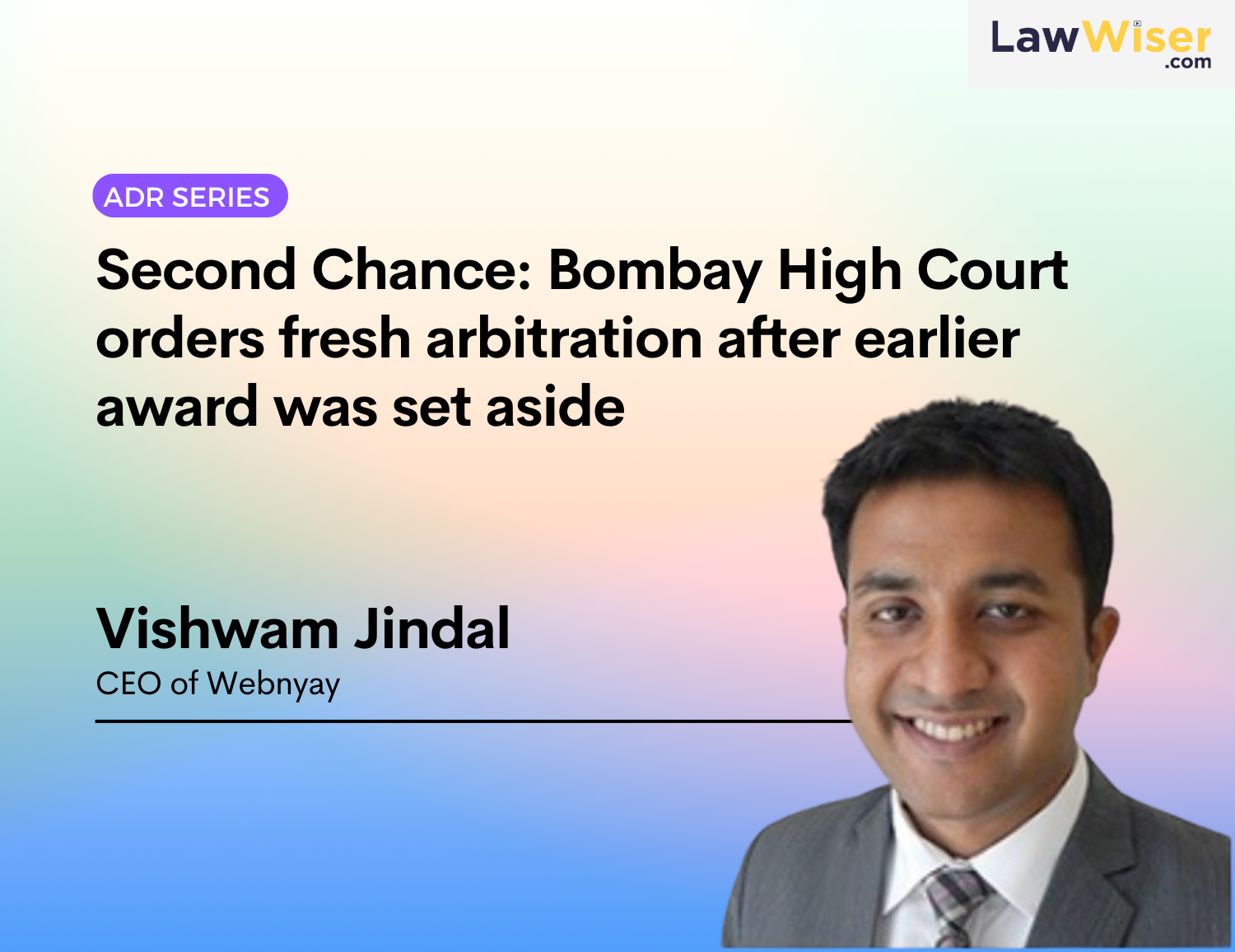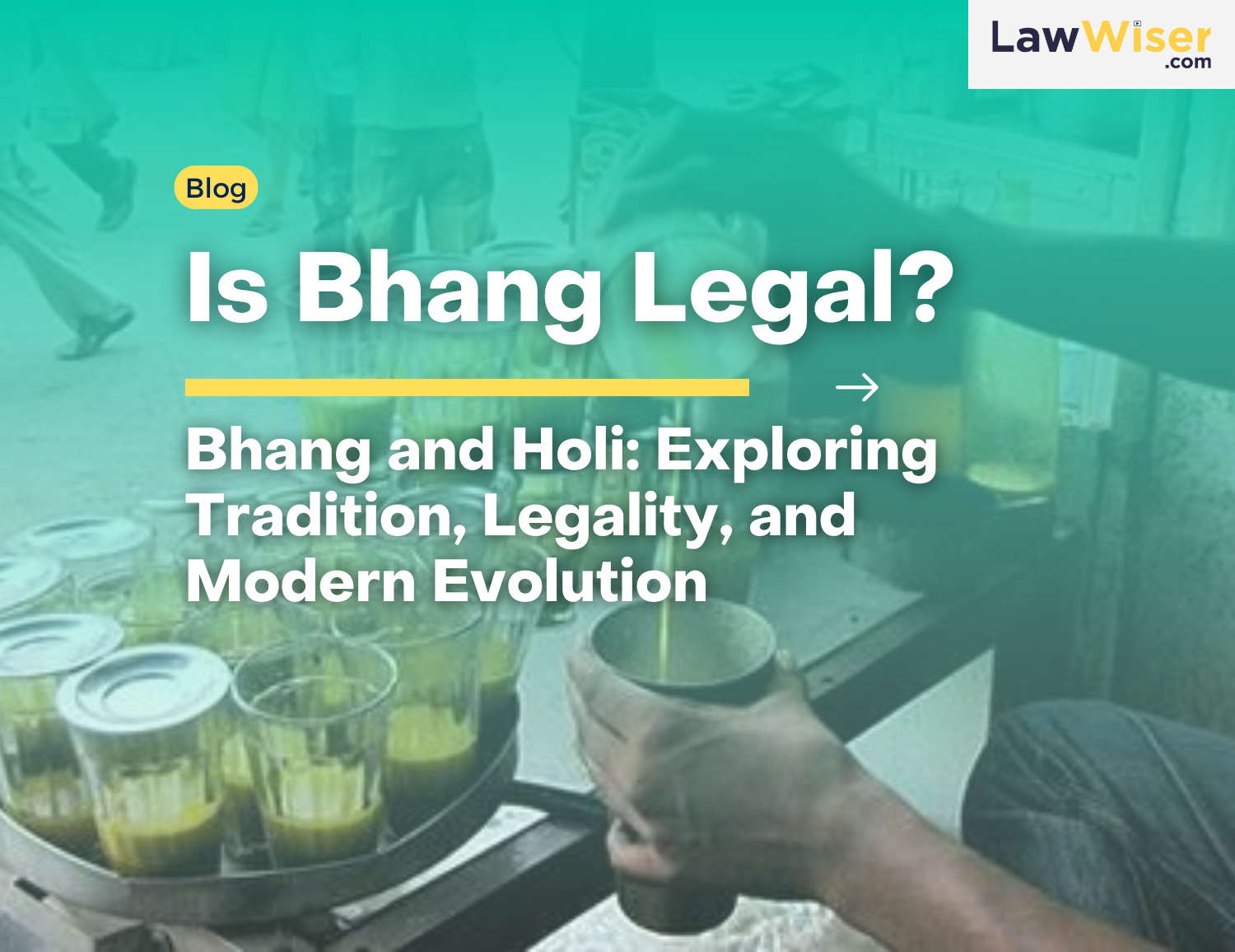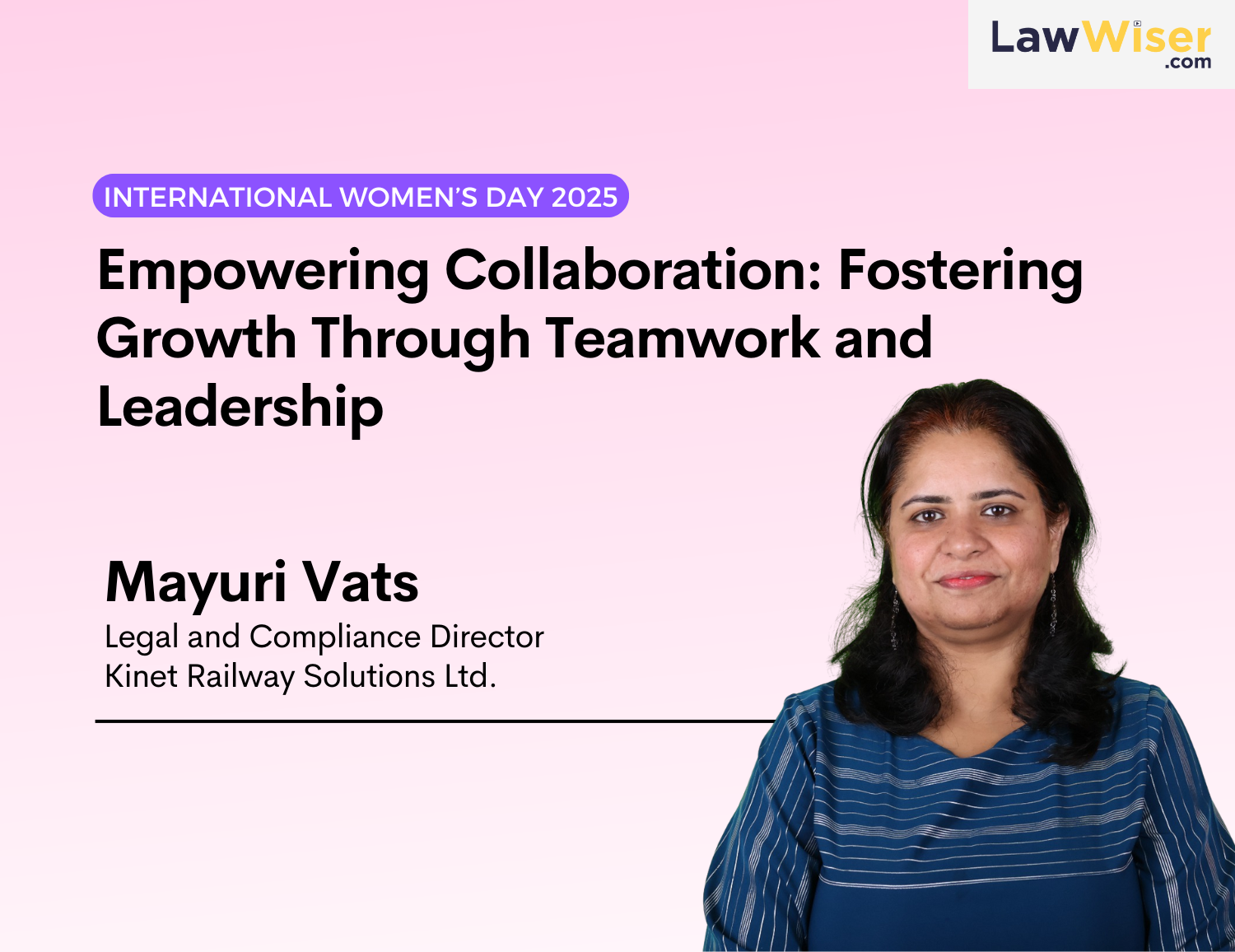Can you share three specific moments that you feel shaped your professional trajectory?
Throughout my career, I’ve encountered several pivotal moments that have profoundly shaped my journey and contributed to my success as a lawyer. However, there are three experiences that have been particularly instrumental in shaping my career.
- I took to chartered accountancy, law and managed my father’s paper business whilst I was in College. Pursuing two professional courses equipped me with good commercial skills ( as all legal disputes deal with money ) as also legal skills which helped in multitasking and dealing with high-stress and skilled matters. This over the years has continued to serve me well in advocating for and representing my clients today. Additionally, I gained significant experience in dealing with commercial disputes which provided me with a comprehensive understanding of my clients’ needs. This laid the foundation to my successive years.
- I set up and came to be the founder and senior partner of ALMT Legal, which was the first Indian law firm to be set up in the UK, on 10 January, 2000. This was another path breaking moment in my professional career. This endeavour presented unique challenges as a first-generation lawyer in a foreign country, yet it was a testament to my determination and vision for innovation in legal services.
- British Airways PLC became our first client in the UK marking a significant milestone. This achievement not only validated my capabilities but also opened doors to broader opportunities and partnerships within the international legal landscape and multinational clients. We advised British Airways PLC in its litigation matters in India, and I feel extremely proud to continue advising them in their legal matters ranging from dispute resolution to corporate commercial advisory to date.
Describe one challenging assignment in your legal career. Can you provide some details about how you approached and overcame the challenges?
One of the most challenging assignments in my legal career was handling an infringement matter involving the trademark of prominent UK based IT software company, where we addressed the issue of passing off in India, before the Bombay High Court. Approaching this complex case required a strategic and meticulous approach. It required comprehensive research, and I began by conducting thorough research into Indian trademark laws and precedents related to infringement and passing off. I engaged closely with the business and technical teams of Logica PLC to understand their specific concerns, business objectives, and the potential impact of the infringement on their brand reputation and market position. This consultation was crucial in formulating a targeted legal strategy aligned with the client’s goals. Based on the research and client consultation, I developed a comprehensive legal strategy tailored to address the unique aspects of the case. This included identifying key evidence, potential witnesses, and legal arguments to support our position. We in turn instructed senior Counsel who appeared for our clients before the Courts. The matter was argued before the Bombay High Court wherein certain technical aspects pertaining to the same was deliberated from both sides, and the verdict was delivered in our favour.
Overcoming the challenges posed by this infringement matter required a combination of legal acumen, strategic thinking, and effective collaboration. By leveraging comprehensive research, client engagement, strategic partnerships, and proactive litigation tactics, we successfully navigated the complexities of the case and achieved a favorable outcome for our client. This experience reinforced the importance of adaptability and persistence in resolving complex legal disputes while upholding the interests of our clients.
How do you see technology shaping the future of legal practice?
Artificial intelligence is certainly driving a revolutionary change in the manner in which legal practice is shaping. Being a lawyer who regularly advises on M&A transactions, there are numerous software and applications in the market which are relied upon for due diligence of companies. Previously the same activity would have to be done manually by procuring the information in physical form, which itself would take days altogether. Therefore, technology has made availability of information easier by multi fold, although the complete veracity of the information available through technology might require human intervention. Technology largely sources information which has been created / fed by human effort and therefore, possibility of error can’t be ruled out entirely. Further, harnessing technology for making available due diligence data virtually has been a boon not only for lawyers considering they would have to previously relocate themselves to the client’s site but also has reduced costs borne by clients in the entire due diligence process towards travel and accommodation of the lawyers.
In litigation, technology was truly harnessed during the onset of COVID-19 and the subsequent lockdown restrictions imposed by the government. Now, technology enables advocates to appear from anywhere before certain forums (which are allowing appearances though virtual mode) which in turn results in efficiency and convenience. Taking this into consideration, the potential application of virtual reality and augmented reality while presenting arguments or conducting negotiations can be limitless.
AI-powered tools can sift through vast amounts of legal data and precedents to provide more comprehensive and accurate research. This improves the quality of legal advice and enables lawyers to make informed decisions efficiently. Although such an application of Machine Learning is at its nascent stages in the legal industry, therefore not entirely functional, the adaptive and dynamic nature of artificial intelligence ensures that there will come a day when tools like this will form a foundational pillar of conducting legal research.
Further, the predictive analytics of Artificial Intelligence can also be used to conduct risk assessments of different routes and strategies that a lawyer can take while dealing with an issue. This is already being practiced in the United States of America and it is not farfetched to imagine the use of the same in the Indian context.
Although, I do not rule out human intervention to monitor the manner in which technology is being used or examining the veracity of the data being made available through use of technology, I do see significant reduction in time required to be invested by lawyers for transactions or for litigation in days to come. Technology would enable the lawyers to channelise their skill towards the crucial technical aspects of law and advising their clients accordingly. While technology will surely shape the future of legal practice, lawyers who are tech savvy will surely have an edge over their peers as they will not get misled by technology.
Everyone gives tips on what to do. We would like to ask about the don’ts! Based on your experience, what do you feel are some of the things not to do, if one is to become a successful lawyer?
Being a founding partner of a law firm with more than three decades of experience, the following are the “Don’ts” that lawyers should avoid to become successful in this profession:
- Don’t Neglect Ethics and Integrity: Upholding ethics and integrity is non-negotiable in the legal profession. Avoid any behaviour or actions that compromise your ethical standards. Doing so can damage your reputation and credibility irreparably. Moreover, once this line is crossed, it can be challenging to remain virtuous.
- Don’t Stop Learning: Law is a constantly evolving, dynamic field. Avoid complacency and continuously invest in your professional development. Stay updated with legal trends, attend seminars/ conferences, and seek opportunities to expand your knowledge and skills.
- Don’t Underestimate the Importance of Communication: Effective communication is fundamental in law. Avoid vague or unclear communication with clients, colleagues, or judges. Practice concise and persuasive writing and hone your oral advocacy skills.
- Don’t Ignore Time Management: Time is a precious commodity in the legal profession. Avoid procrastination and cultivate strong time management skills. Prioritize tasks, set realistic deadlines, and allocate time efficiently to meet client expectations.
- Don’t Fear Seeking Help or Mentorship: It’s okay not to have all the answers. Avoid hesitating to seek guidance from experienced mentors or colleagues when faced with challenging situations. Embrace a mindset of continuous learning and improvement.
- Don’t Underestimate the Power of Adaptability: The legal landscape is dynamic and subject to change. Avoid being rigid in your approach. Cultivate adaptability and openness to new technologies, practices, and perspectives to thrive in an ever-evolving profession.
In my experience, by avoiding these common pitfalls and focusing on developing essential skills, maintaining high ethical standards, and nurturing professional relationships, aspiring lawyers can enhance their prospects of achieving long-term success in the legal profession.
Can you share the impact mentorship had on your professional journey? In your current role, what are the opportunities you get to mentor young talent?
Mentorship has been instrumental in shaping my professional career, providing invaluable guidance and insights that have significantly accelerated my growth in the legal profession. Learning by observing and following the footsteps of a mentor has allowed me to develop both hard and soft skills that are essential for success in this field.
Through working closely with my mentor, I learned how to conduct thorough and nuanced analyses of legal issues, considering not just the surface-level aspects but also the underlying complexities and implications. Multitasking is another skill I honed under mentorship. The legal profession often demands the ability to juggle multiple tasks efficiently and prioritize effectively. By observing my mentor’s approach to managing workload and deadlines, I developed strategies for multitasking that have proven invaluable in my own practice.
Fundamentals of the legal profession, such as ethical considerations, client communication, and case strategy, were imparted to me through mentorship. Instead of simply memorizing legal principles, I learned how to apply them strategically and ethically in various situations, which is crucial for success as a lawyer.
One of the most important lessons I gained from my mentor is the distinction between what a client wants versus what a client truly needs. It’s not enough to blindly apply the law; understanding the client’s objectives and providing tailored legal solutions is essential. This client-centric approach was instilled in me through mentorship and is something I emphasize when mentoring younger colleagues. I started my legal career in 1990 with a reputed Indian law firm and nearly a decade later I founded ALMT Legal on 10 January 2000. The lessons learnt from the firm laid a solid foundation to ALMT Legal.
I believe that being a good lawyer is not just about legal expertise; it’s also about understanding the business realities and human dynamics involved in legal matters. Mentorship has taught me to look beyond the legal aspects of a case and consider the broader context and implications.
In my current role, I am passionate about mentoring young talent and providing them with opportunities to grow and excel. I actively engage with junior colleagues to help them understand the intricacies of legal practice, encourage critical thinking, and refine their problem-solving abilities.
I make it a point to provide exposure to diverse legal matters and client interactions, allowing mentees to learn firsthand about different areas of law and client needs. This includes assigning them challenging matters as that offers them an opportunity to understand their capabilities and limitations.
In my informal discussions with my juniors over lunch or over office outings, I discuss the lessons and virtues which I have imbibed from my mentors, which includes being cutting edge and always be ready to learn ! as a motto for myself. This is because the younger generations need to be constantly reminded of hard work, commitment and focus the profession demands. By sharing my experiences and insights, I aim to empower young lawyers to develop into being well-rounded professionals.



 April 30, 2024
April 30, 2024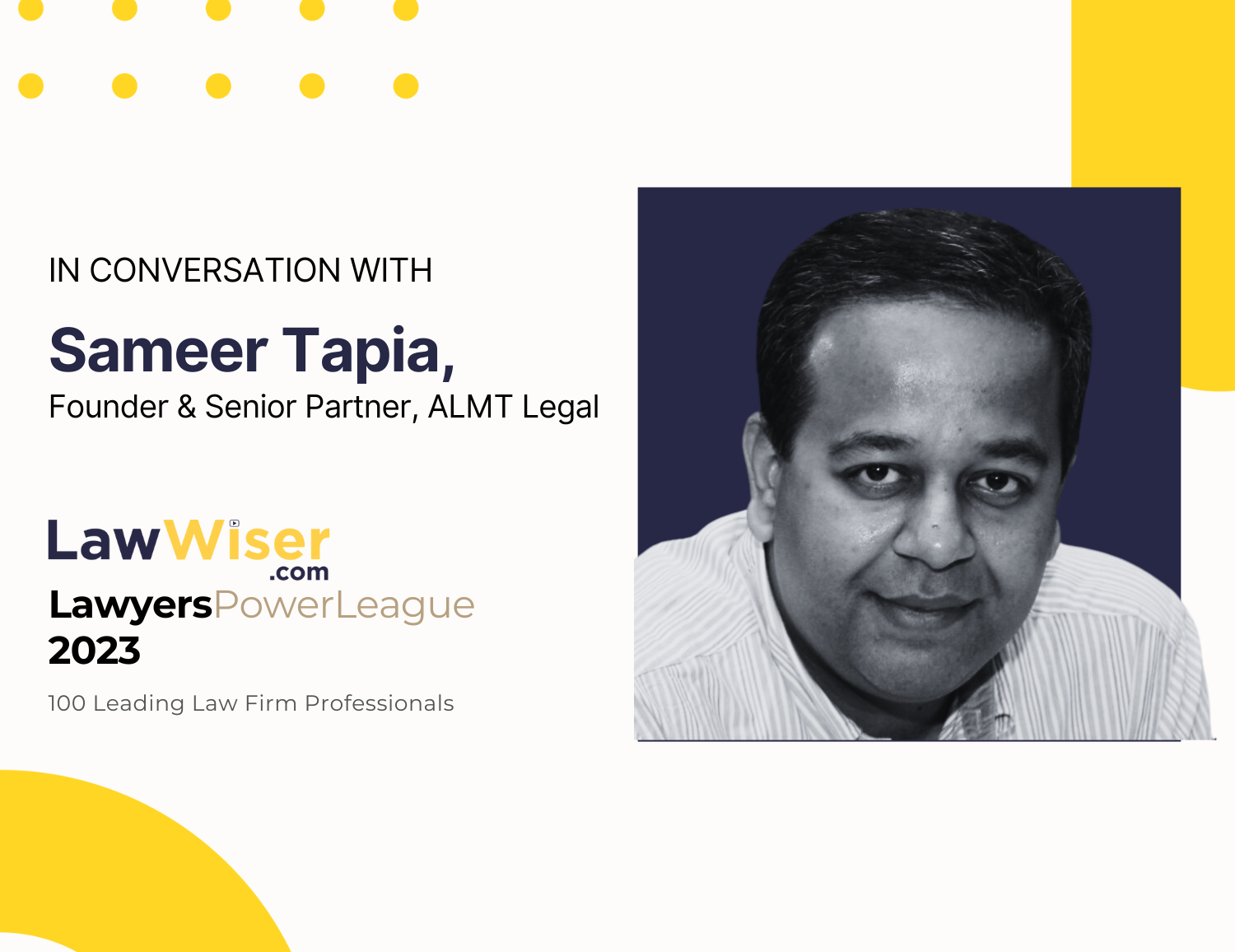


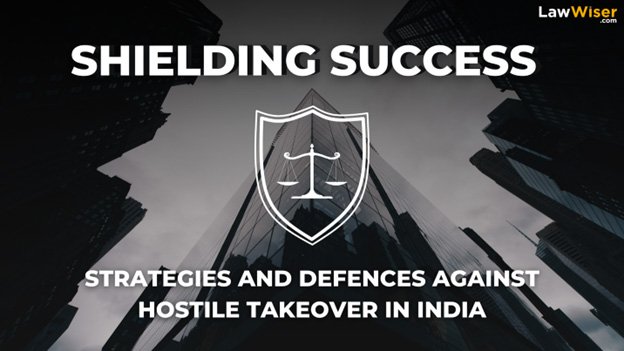
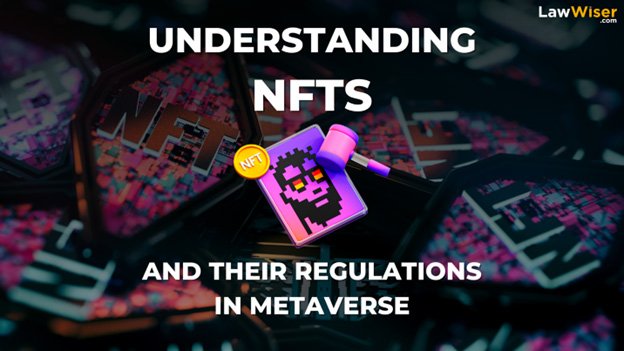




 June 6, 2025
June 6, 2025 0 COMMENTS
0 COMMENTS
